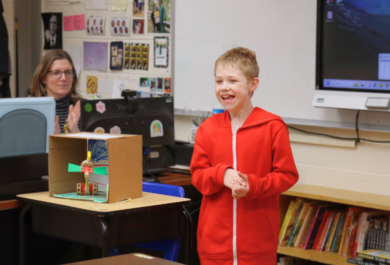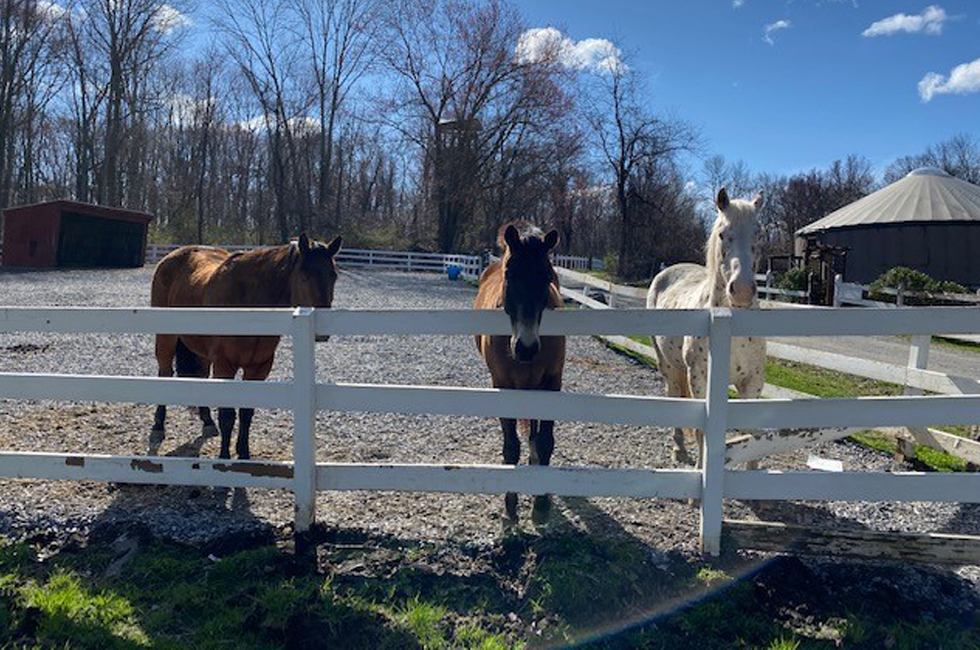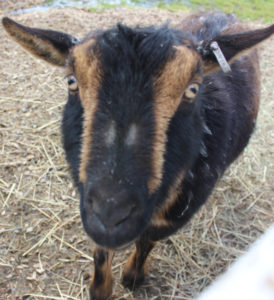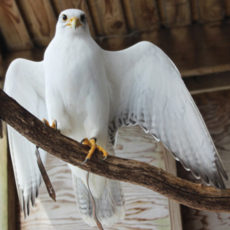Announcements


The life and times of COVID-19 mitigation are affecting many of the living things around us. Recent news reports highlight changes in wildlife behaviors while humans self-isolate. Media is covering stories about the increase in pet adoptions during the shutdown. And all over social media posts tell the visual tale of how dependent many of us have become on our own cats, dogs, and other house pets for comfort during these uncertain times.
Since the closure of Green Chimneys School in mid-March, along with the temporary suspension of public access to all of our facilities, the Farm & Wildlife Center is noticeably quieter. Of the essential workers on-site is a team of caretakers to support the 300+ animals who call Green Chimneys home.
Just after a few weeks into the closure, Equine Program Coordinator Samantha Arevalo observed a change in the horses’ behaviors. She shared the following:
“While isolation is affecting humans, I’ve also noticed a big impact on our herd. While all of the horses have become a little more sensitive and reactive to touch and gestures, today was the first day I noticed a shift in them all really seeking out human attention for their own benefit.
These horses went from being handled by dozens of people every day to just Valerie [an Equine Instructor] and I feeding them, mucking their paddocks and occasionally giving them casual scratches and rubs. Today as I walked around to feed, horses walked over from across the paddock, stopping directly in front of me, gently nipping at my sleeve or leaning a body part towards me and pausing. Gandalf insisted I scratch his girth area while he ate hay – something he used to hate. Pumbaa nudged me towards his hips. Bear wanted his face and forehead scratched. It’s nice to see them asking for attention because they want it, not just because I want to give it to them.
I know stepping back from your normal routine can be tough, but today I realized that removing excess, removing obligation, and routine can reveal what you truly need and who can provide that for you.”

These days, our equines and farm animals are experiencing the reverse: much less human interaction than normal. Most of the animals are coping well, though it is important that the animals continue to be handled and interacted with to maintain their social ways. Not having contact with people beyond their caretakers, for animals who are very used to it, can also have impacts. We still know very little about the emotional lives of animals. Fortunately, our essential animal care team knows the behaviors of our animals well and individually. Staff can gauge who may need a little more attention and provide it.

Crowned the best for falconry in medieval times, gyrfalcons were once reserved for kings. As the largest falcon in the world, with exquisite plumage ranging from bright white to deep charcoal, gyrs are revered for their powerful skill of flight. Their long wings make hunting waterfowl from 3,000-feet-high a feasible and fantastical feat. This falcon was flown in the sport of falconry for several years.